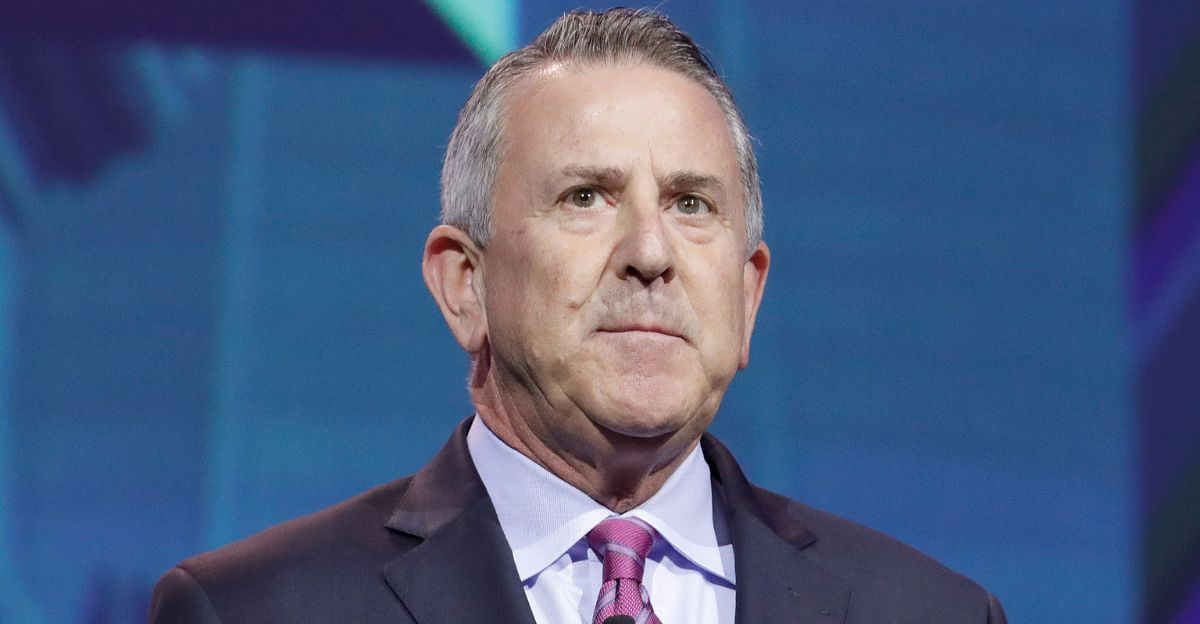
Target’s top executive, Brian Cornell, just dropped a bombshell alert that American shoppers can look forward to “massive” price hikes as boycotts and tariffs wallop the retail giant. The corporation reported a 2.8% drop in sales in the latest quarter, citing weak consumer confidence and a boycott of its move to backtrack on diversity, equity, and inclusion initiatives.
Meanwhile, new tariffs on Chinese, Mexican, and other imports threaten to increase prices. This double crisis, consumer backlash and chaos in international trade, has pushed Target and its rivals to the brink, making agonizing decisions that will reach every American home.
Retail Industry Struggles Amid Sudden Surge in Tariffs
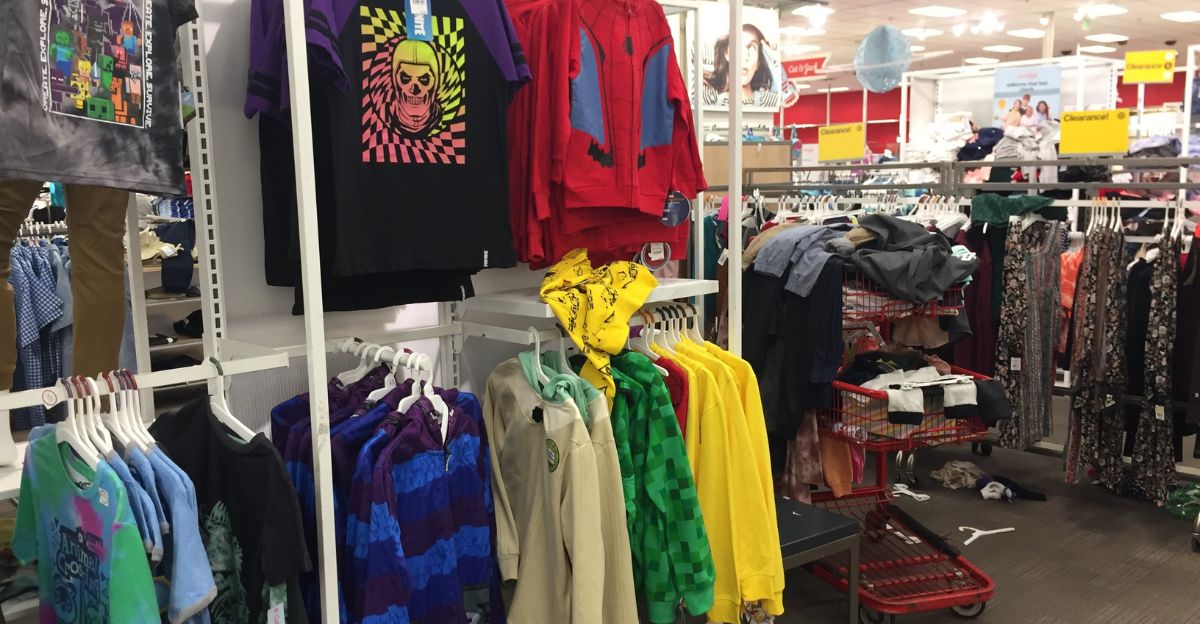
Target is not alone. Across the industry, retailers are grappling with tariffs encompassing nearly all imports, including rates of up to 25% on Mexican and Canadian products and as much as 30% on Chinese products.
The National Retail Federation states the duties will raise the price of everything from produce and vegetables to electronics.
Target CEO Cornell has called the situation “incredibly difficult. ” The company is trying to absorb costs but has no choice but to pass them on to shoppers if things worsen—the result: a looming price surge that could reshape the retail landscape.
Consumer Boycotts Spark Major Retail Effects
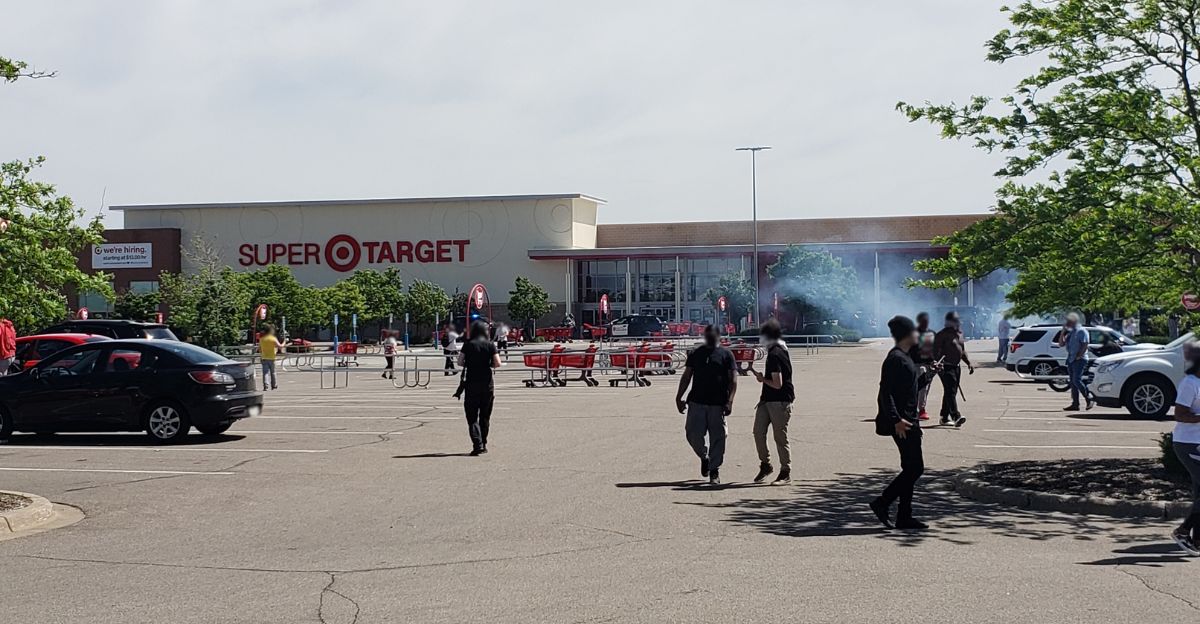
The pressures on Target are increasing, with a national boycott of its retreat on diversity, equity, and inclusion policies already substantially harming sales and investor confidence.
The People’s Union USA and other groups are organizing the boycott, indicating a broader issue for many companies as consumers become increasingly frustrated by corporate policies and rising prices. Consumers have clearly shown that they want companies to do better.
The Consumer Confidence Crisis
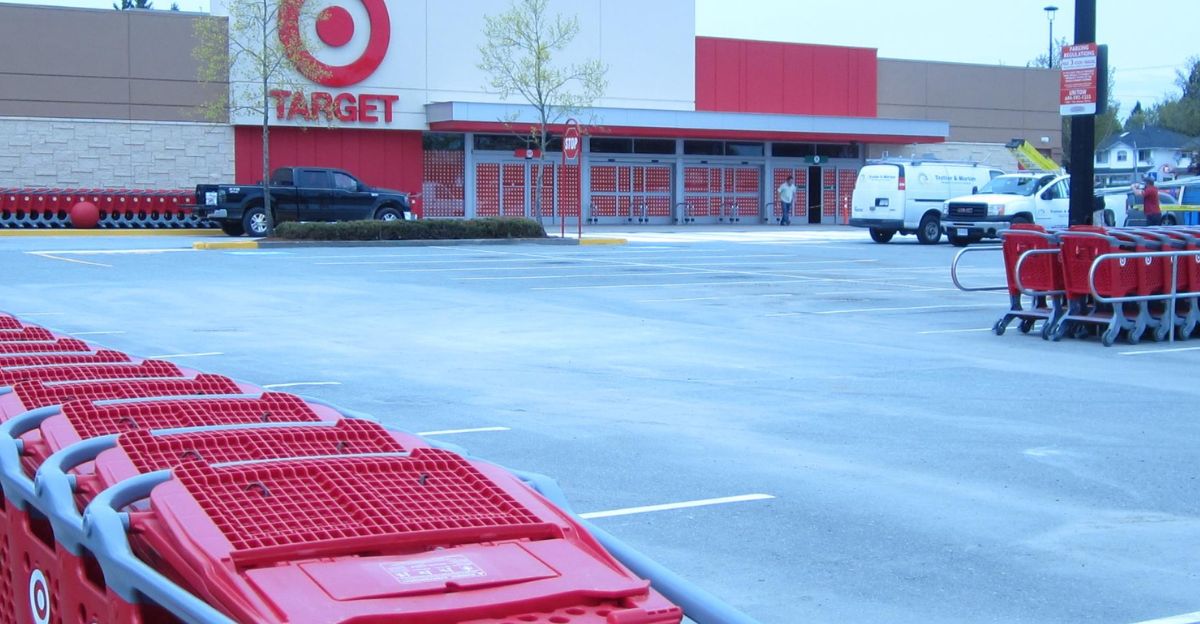
Consumer sentiment has tanked due to a combination of boycotts and tariffs. The University of Michigan consumer sentiment index registered its second-lowest reading in May as Americans anticipate rising prices and economic uncertainty.
Anxiety is high as recession fears, inflation worries, and political uncertainty have led consumers to retreat from discretionary spending. Target’s decline in sales is simply a symptom of a broader malaise, as families around the country tighten their belts and trickle-down consumerism gives way to cheaper, values-oriented alternatives that they are weighing out about loyalty to big-box chains.
The Retail Shockwave Creating Economic Fallout Beyond the Retail Space
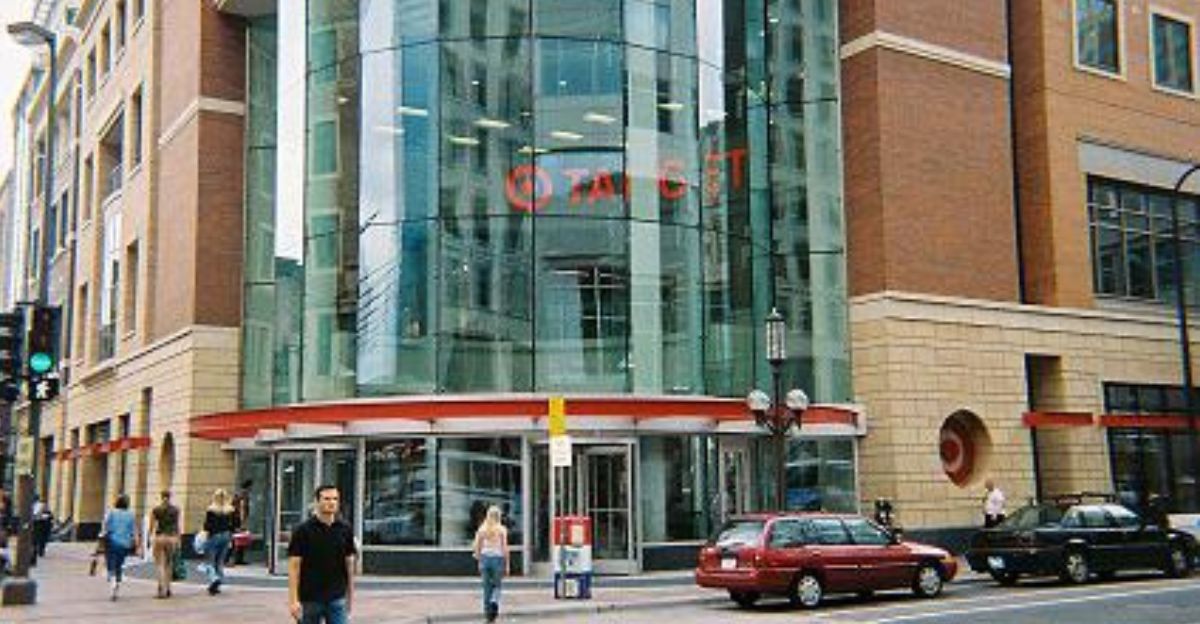
Target’s woes are a harbinger for the economy. Sales were already slowing, and costs were rising, so Target lowered its full-year sales forecast, which is bad for the whole retail ecosystem and the millions of employees it supports.
The U.S. economy contracted for the first time in three years in early 2025, as both consumers and businesses labored under the impact of boycotts and tariffs. The ripple effect is felt beyond retail and threatens local economies, supply chains, and the livelihood of millions of Americans dependent on a healthy consumer market.
Can Boycotts and Tariffs Drive Innovation?
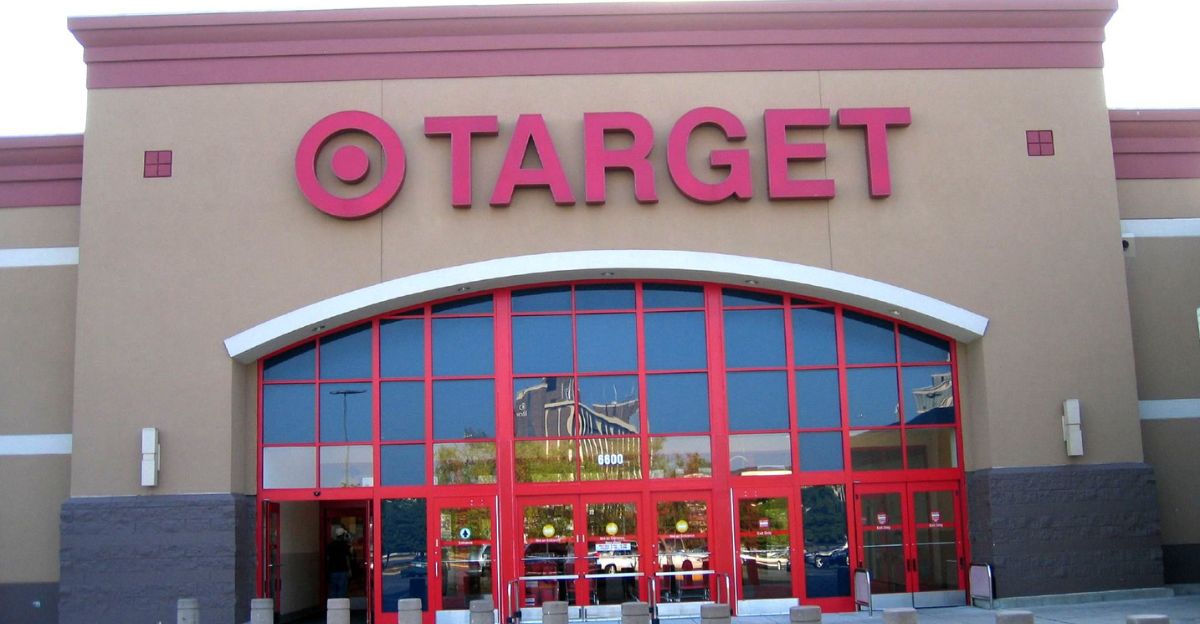
Due to the crisis, retailers are likely to have to innovate, change distribution channels, and reassess their business models. Target has begun by trying to determine whether it could source more products domestically and lessen its reliance on China.
Boycotts and tariffs harm retailers in the short run, but may hasten the adoption of apparent new technologies, more sustainable practices, and greater connections with communities. The question is whether the company – and its competition – can turn adversity into opportunity, with the crisis as a potential change agent.
Understanding the Price Hike Dilemma and Its Impact on Consumers
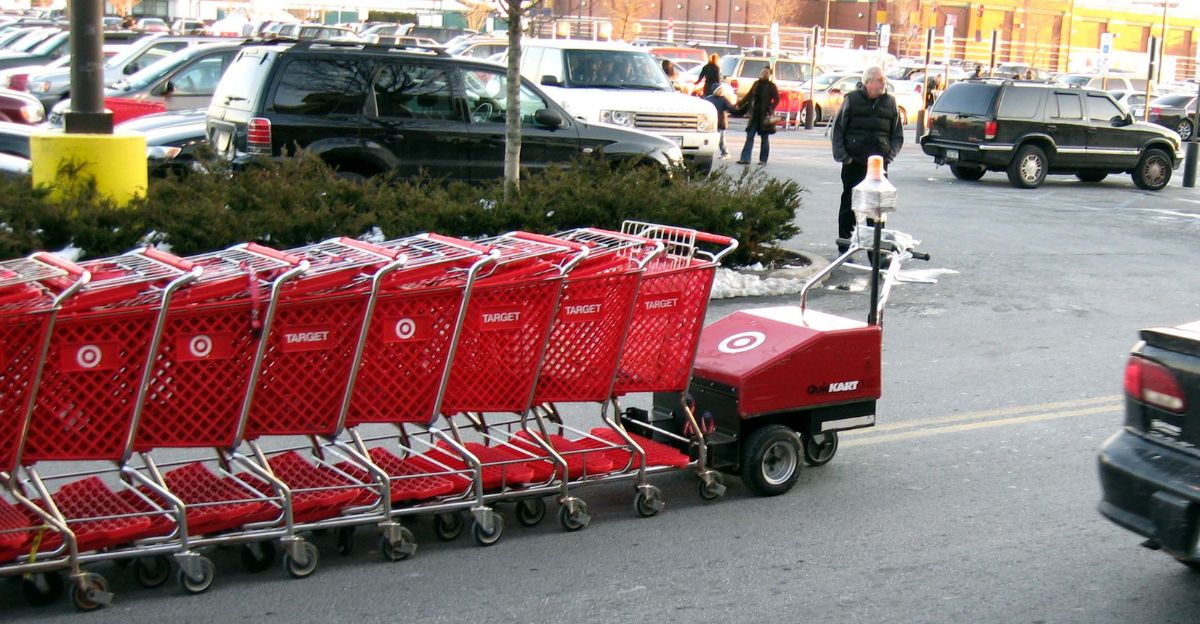
Target’s CEO has indicated price hikes are a “last resort.” Nevertheless, a math problem does not lie. With thin profit margins and costs soaring, the company may have to pass some of the burden on to consumers.
Walmart, Best Buy, and other retailers are in the same quandary, warning that prices will rise on everything from groceries to electronics. The result is a lose-lose proposition: retailers may chase customers away with higher prices, and consumers are taking a growing bite out of family budgets.
How the Politics of Pricing Fuels the Corporate and Government Blame Game
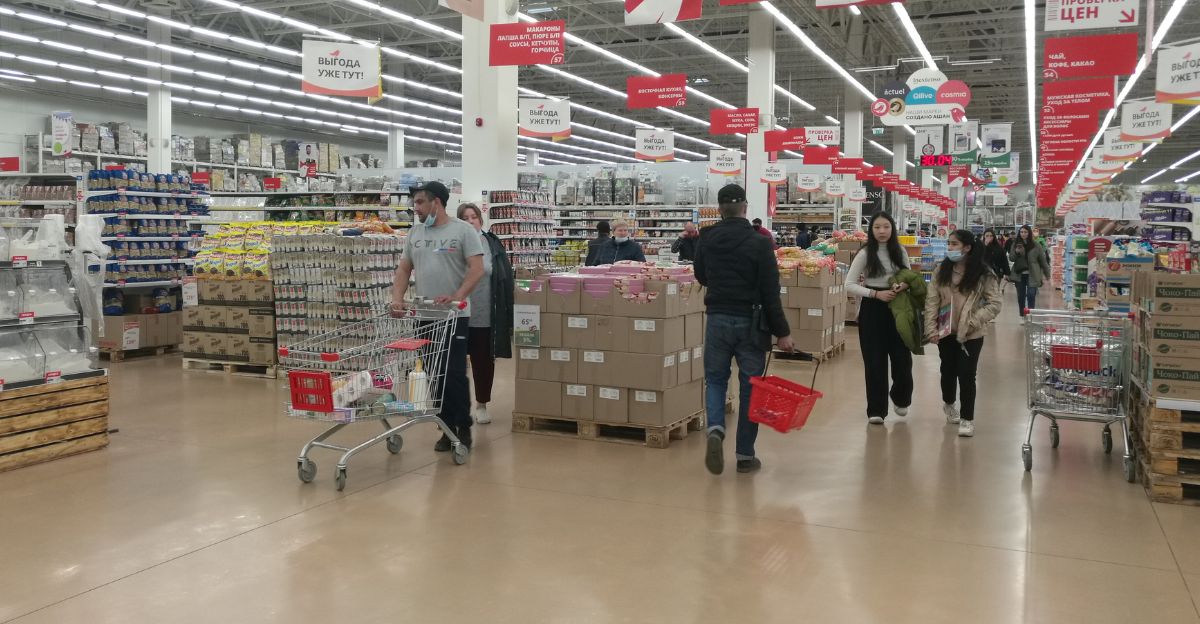
The tariff battle has also become a political lightning rod, with President Trump urging retailers to “eat the tariffs” rather than raise prices. A combination of boycotts and tariffs has tanked consumer sentiment. The University of Michigan consumer sentiment index registered its second-lowest reading in May as Americans anticipate rising prices and economic uncertainty.
Anxiety is high as recession fears, inflation worries, and political uncertainty have led consumers to retreat from discretionary spending. Target’s decline in sales is simply a symptom of a broader malaise, as families around the country tighten their belts and trickle-down consumerism gives way to cheaper, values-oriented alternatives that they are weighing out about loyalty to big-box chains.
How Economic Strain Is Putting Pressure on Families and Communities
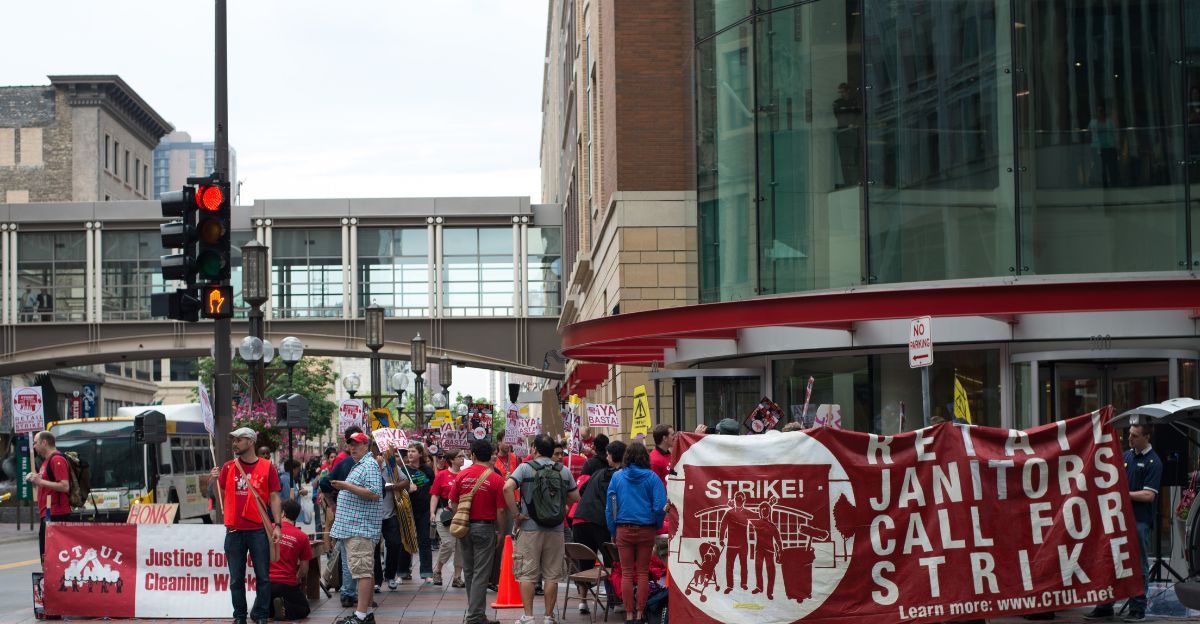
Beyond the headlines and profit reports, the real story behind these boycotts and price hikes is the impact on American families. Boycotts and price hikes only mean more difficult decisions at checkout as families pull back on essentials and/or delay discretionary purchases.
That burden is even heavier for low-income families, where price increases of even minimal amounts still drive painful decisions. The ramifications of the lost sales and layoffs can affect not only the local economy with lost income and employment bringing economic disparity, but can also cause real social fabric tearing.
How Businesses Are Operating in the New Normal

Target’s announcement of “huge” price increases is a clear warning for America. Combining boycotts and tariffs has created a perfect storm testing retailers and consumers.
Adaptation and innovation can provide an exit, though the short term does not look promising: more expensive products, slower sales, and weakened consumer confidence in the American economy’s institutions.
Target and its competitors must regain trust, adapt to a changing world, and ensure that the price of this crisis is not transferred disproportionately to those least able to bear it.
Discover more trending stories and Follow us to keep inspiration flowing to your feed!

Craving more home and lifestyle inspiration? Hit Follow to keep the creativity flowing, and let us know your thoughts in the comments below!
